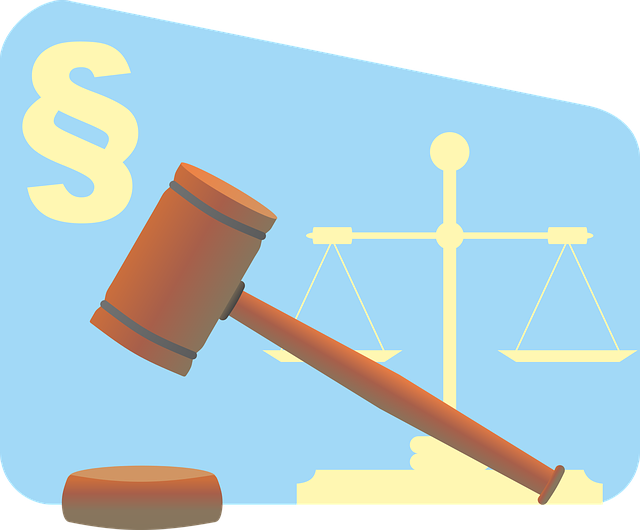Navigating plea bargains in felony cases is a strategic process where accused and prosecutors agree on reduced charges or sentences to avoid lengthy trials. Key factors include evidence strength, criminal record, and potential sentences. This raises debates about due process and recidivism, highlighting the complex nature of criminal justice reform, with skilled attorneys guiding clients through these negotiations for favorable outcomes. The integrity of the process is crucial for maintaining public trust and protecting accused rights.
In the intricate landscape of criminal law enforcement, navigating plea bargains in felony cases is a pivotal strategy. This article delves into the dynamics of plea bargain negotiations, their profound impact on case outcomes, and the ethical considerations that underpin fairness. Understanding these elements is crucial for both prosecutors and defendants, as it can significantly influence the trajectory of justice. By exploring these aspects, we aim to provide valuable insights into one of the most complex yet pivotal components of the criminal justice system.
- Understanding Plea Bargain Negotiations
- The Impact on Case Outcomes
- Ethical Considerations and Fairness
Understanding Plea Bargain Negotiations

Plea bargain negotiations play a significant role in criminal law enforcement, especially in felony cases. This process involves the accused and their legal representation engaging with prosecutors to reach an agreement that can result in a reduced charge or a lighter sentence. Understanding plea bargains is crucial as it navigates all stages of the investigative and enforcement process, influencing not only the individual’s fate but also shaping public perception of the justice system.
During these negotiations, various factors come into play, such as the strength of evidence against the accused, their previous criminal record (if any), and the potential sentence they face if convicted at a jury trial. Plea bargains offer a more swift resolution compared to lengthy jury trials, which can benefit both parties involved. In the filantropic and political communities, these agreements often spark debates regarding due process rights and the impact on recidivism rates, highlighting the complex nature of criminal justice reform.
The Impact on Case Outcomes

Navigating plea bargains in felony cases is a complex process that significantly influences case outcomes. This strategic negotiation allows defendants to avoid lengthy trials and potentially reduce their sentence by pleading guilty to a lesser charge. However, it’s crucial for both parties to understand the implications of such agreements. A skilled general criminal defense attorney can help clients weigh their options, ensuring they make informed decisions.
By skillfully navigating these negotiations, attorneys may secure favorable outcomes, including complete dismissals of all charges or winning challenging defense verdicts. This approach requires a deep understanding of the legal system and the ability to advocate effectively for their clients’ interests, ultimately shaping the final resolution of felony cases.
Ethical Considerations and Fairness

Navigating plea bargains in felony cases presents a complex ethical landscape for criminal law enforcement. As professionals in this field, officers must balance the pursuit of justice with ensuring fairness to all parties involved. This delicate equilibrium is particularly crucial when dealing with serious offenses, as plea bargains can significantly impact the lives and liberties of individuals accused. Ethical considerations extend beyond the immediate decision-making process; they permeate the entire criminal justice system, from the initial investigation to sentencing.
Fairness, in this context, encompasses several aspects. It involves treating all defendants equally under the law, protecting their rights, and providing them with a robust defense. In felony cases, where consequences are often severe, it’s vital to respect the presumption of innocence and uphold the integrity of the respective business. Moreover, officers must remain impartial and avoid any form of discrimination or bias during negotiations, ensuring that plea bargains are reached through mutual consent and not as a result of undue pressure or coercion. This meticulous navigation is essential to maintain public trust in the criminal justice system and safeguard the rights of those accused.
Navigating plea bargains in felony cases involves a delicate balance between ensuring justice and managing resources. By understanding plea bargain negotiations, their impact on case outcomes, and considering ethical implications for fairness, law enforcement agencies can make informed decisions that respect the rights of both accused individuals and the communities they serve. This strategic approach not only streamlines legal processes but also promotes a more equitable criminal justice system.






